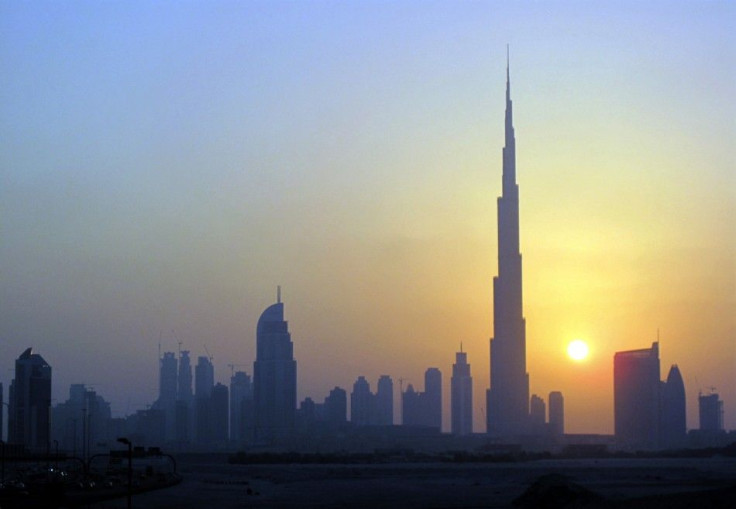Dubai Turns to Natural Gas to Tackle Energy Woes

The glitzy Persian Gulf emirate of Dubai will launch a gas strategy next year aimed at meeting its rising energy demand, according to the KippReport.com news service.
Dubai, which has been described as the Las Vegas of the Middle East (even though gambling, forbidden by Islam, does not exist there), is home to more than 2 million people and is one of the hottest places on earth. All that powerful air conditioning comes at a price: Last year the emirate used some 33,000 gigawatt hours of electricity.
Rising demand for electricity in Dubai, where soaring summer temperatures drive up year-round air conditioning use, has forced the energy-hungry emirate to buy more natural gas on an increasingly tight global market to feed its power stations, according to KippReport.
The emirate's Integrated Gas Strategy 2030, slated to begin early next year, will utilize pipelines of liquefied and natural gas combined with underground storage in an effort to reduce carbon dioxide emissions by 30 percent, the vice chairman of Dubai's Supreme Energy Council, Saeed Mohammed al-Tayer, said.
Tayer's council will appoint a special consultant for the plan by year-end. His council is responsible for ensuring energy supplies in the emirate where increasing demand for cooling and desalinated water are major drivers for rapidly rising electricity use.
The United Arab Emirates boasts seven percent of the world's oil reserves and is one of the highest per capita of consumers of water and electricity in the world. Power demand in the Gulf region is rising rapidly as its population grows, forcing the government to diversify its energy mix, the KippReport said.
© Copyright IBTimes 2025. All rights reserved.





















